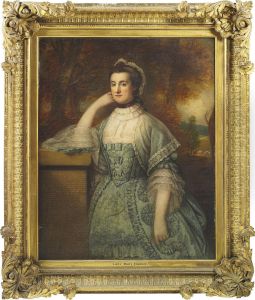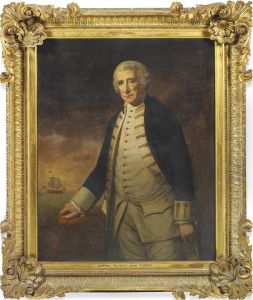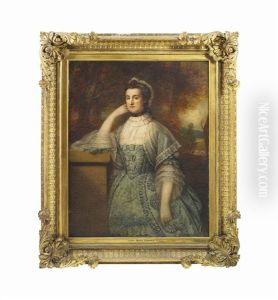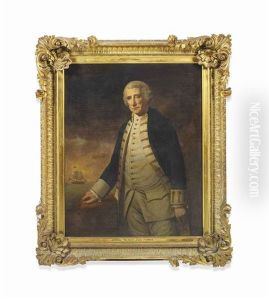Nicholas Farrer Paintings
Nicholas Ferrar was not primarily known as an artist in the traditional sense but rather as an English scholar, courtier, businessman, and man of religion. Born in 1592 in London, England, Ferrar was deeply embedded in the intellectual and religious currents of his time, which would eventually lead him to establish a Protestant community at Little Gidding in Huntingdonshire, that became associated with the Anglican Church's High Church movement. His life and work were emblematic of a deeply spiritual Christian commitment, infused with a dedication to communal living, education, and the arts, including music and bookbinding, rather than the creation of visual art in the conventional sense.
After attending Clare College, Cambridge, where he was elected a fellow in 1610, Ferrar's early career took him in quite different directions before he embarked on his religious vocation. He traveled extensively, including to the Mediterranean, and was involved in the Virginia Company, the venture aimed at establishing colonies in North America. His involvement in the company was marked by his efforts to promote its humanitarian and Christianizing aims, though he eventually distanced himself from the enterprise as it became embroiled in controversy and financial difficulties.
In 1625, after the death of his father, Nicholas Ferrar and his family moved to Little Gidding, where they founded a community that lived according to a strict regimen of prayer, fasting, and charitable works. The Ferrar household became known for its piety and for its practice of reciting the Book of Common Prayer's services, as well as for its harmonious communal life that included education for children and the binding and printing of religious texts. Although Nicholas Ferrar was never ordained, his leadership and the example of the Little Gidding community had a significant impact on Anglican spirituality and inspired later religious figures and movements.
Nicholas Ferrar's legacy is complex, as it intersects with religion, education, and the arts in early 17th-century England. He died in 1637, leaving behind a community that continued to practice his ideals until the English Civil War disrupted its existence. Today, Ferrar is remembered not only for his spiritual leadership but also for his influence on the Anglican Church and his contribution to discussions on communal living and religious practice.



